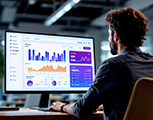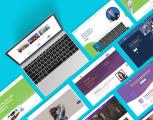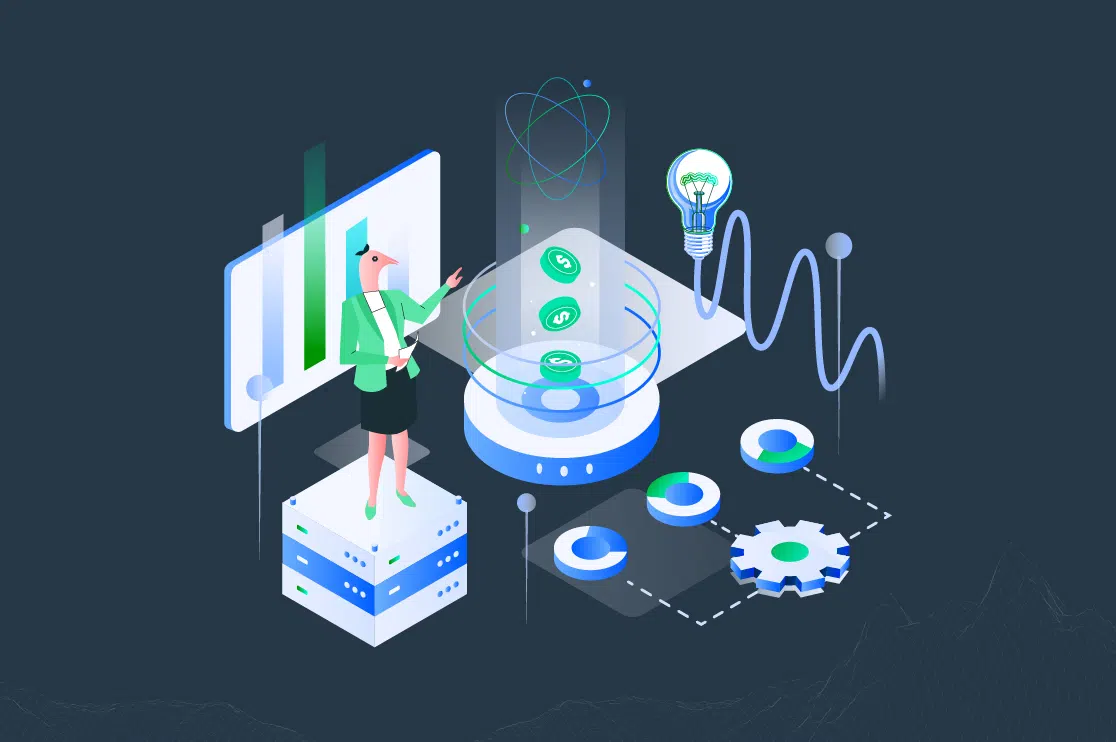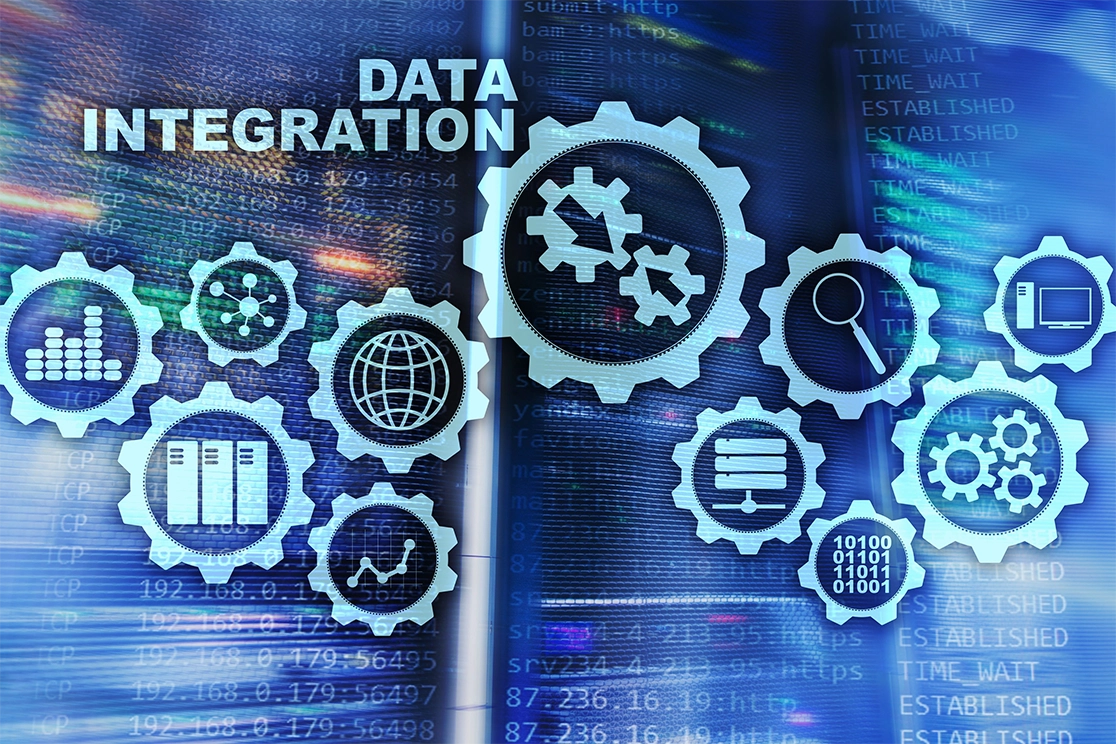In today’s digitally driven world, data has become the hottest currency. As data grows in size and proportion, enterprises are latching on to data science techniques to extract valuable insights helping them to make informed decisions. From healthcare to finance, from retail to transportation to analytics in banking, data science application knows no bounds.
In this blog, we’ll delve into the top use cases of data science, discuss its future impact, and explore the tools and techniques driving this field.
Table of Contents:
Top Use Cases of Data Science
Customer Segmentation in eCommerce & Retail
Data science applications find space in retail as retailers leverage data science to segment customer base based on demographics, purchase history, and browsing behavior. This helps them tailor-make their marketing campaigns, optimize their brand positioning and improve their overall shopping experience.
Fraud Detection in Banking & Finance
Fraud is an unavoidable part of banking and finance. Banks and financial institutions use advanced analytics to detect such activities in real-time. By analyzing transaction patterns and user behavior, they identify suspicious transactions, thereby preventing financial losses. Predictive analytics in finance helps you do that.
Supply Chain Optimization
One of the applications of data science involves optimizing supply chain operations. This is done by analyzing historical data, demand forecasts, and external factors such as weather and geopolitical events enabling organizations to minimize costs, reduce inventory levels, and improve delivery efficiency.
Social Media Sentiment Analysis
Data analytics services can help with doing the sentiment analysis in social media. Brands monitor social media platforms to gauge public opinion, track brand perception, and identify emerging trends. By analyzing text data from social media posts, comments, and reviews, data science and machine learning helps companies make data-driven decisions.
Predictive Analytics in Healthcare
Predictive analytics in healthcare analyzes vast amounts of data, including EHRs (Electronic Health Records), genetic information, and lifestyle factors. By analyzing these sets of information, healthcare professionals can predict disease outbreaks, identify high-risk patients, and personalize treatment for every patient. Data science healthcare methodologies and applications are vast in extent.
Personalized Recommendations
Online platforms such as e-commerce websites and streaming services leverage data science algorithms to deliver personalized recommendations to their users. By analyzing user preferences and behavior, one can enhance user engagement and drive sales. Research data analytics can prove to be helpful in such scenarios.
Smart City Planning
Data science is instrumental in the concept of smart city planning by analyzing data from sensors, IoT devices, and urban infrastructure. From traffic management to waste disposal, data-driven insights enable cities to improve efficiency, enhance public services, and address urban challenges.
Connect with us for a free quote or expert consultations.
Tools and Techniques
Data science uses a diverse set of tools and techniques, including programming languages like Python and R, statistical modeling, machine learning algorithms, and financial data visualization libraries such as Matplotlib and Seaborn.
Additionally, platforms like TensorFlow and PyTorch enable the development of complex deep learning models, while cloud computing services like AWS and Azure provide scalable infrastructure for big data processing and analysis.
Data scientist qualifications required are either a degree in computer science or data science or a related field.
Recommended Reading:
Future Impact of Data Science
Data science is poised to make a difference in the future, with advancements in AI, machine learning, and big data analytics reshaping industries and driving innovation.
As data gains prominence, organizations will rely on data science to gain a competitive edge. With data science, they can innovate new products and services, and address complex business challenges.
With the advent of technologies such as deep learning and natural language processing, data science is revolutionizing fields like healthcare, transportation, and personalized medicine.
From early disease diagnosis to self-driven cars, data science applications will transform the way we live, work, and interact with technology. Data analyst prerequisites would include getting a bachelor’s or postgraduate degree in a data-related field like computer science, mathematics, statistics, finance, etc.
Conclusion
Data science has emerged as a game-changer in today’s world, powering innovation across industries. From predicting customer behavior to advancing medical outcomes, the data science applications are boundless.
As we look towards the future, data science services will continue to shape our world, unlocking new opportunities and driving progress in the years to come.
BluEnt offers avant-garde data science solutions tailored to meet your requirements. Our high-end solutions help you meet your sales targets, manage risks, and enhance operational performance. Connect with us to learn more about our services.













 Snowflake Cortex Agents: Scalable AI for Enterprise Data Insights
Snowflake Cortex Agents: Scalable AI for Enterprise Data Insights  Informatica ETL vs Informatica MDM: Which One Does Your Business Need?
Informatica ETL vs Informatica MDM: Which One Does Your Business Need?  How Financial and Accounting Services by BluEnt Drive Business Growth in the Digital Era?
How Financial and Accounting Services by BluEnt Drive Business Growth in the Digital Era?  Secure Gift Cards: Top Tips and Strategies’ to Safeguard Personal Information
Secure Gift Cards: Top Tips and Strategies’ to Safeguard Personal Information 
